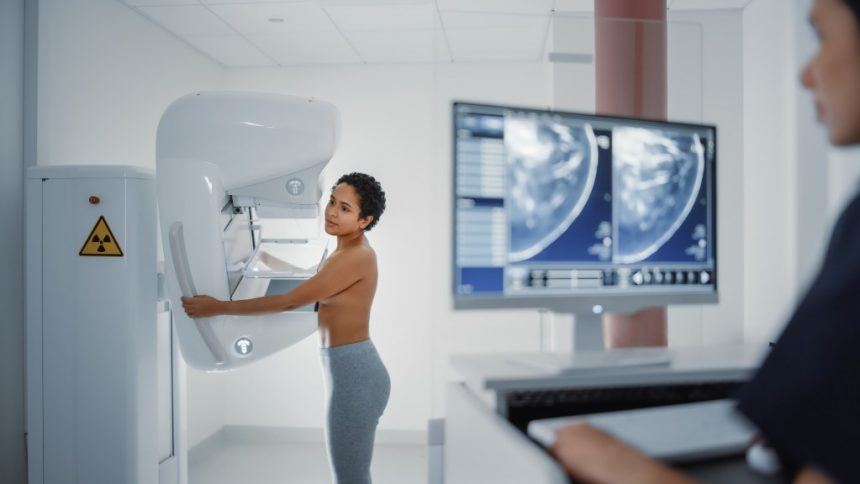Artificial intelligence (AI) has revolutionized breast cancer screenings, offering a promising tool to detect malignancy in breast tissue, reduce false positives and negatives, and ultimately improve patient outcomes. However, a major concern has emerged regarding the accuracy of AI screenings for Black women. Studies have shown that AI algorithms may underperform for this demographic due to the lack of diverse representation in the training data. This issue highlights the need for more inclusive datasets and unbiased testing of AI models to ensure equitable screening practices for all women.
Dr. Regina Barzilay, an expert in AI and health, emphasizes the importance of diverse patient populations in training AI algorithms to improve accuracy and effectiveness. Current AI screening practices, which rely on skewed datasets, may not be the best option for non-white and older women. The limitations of AI screenings for Black women underscore the urgent need for more inclusive and representative data to address disparities in breast cancer detection and treatment.
In response to these challenges, initiatives like SAMBAI and MIRAI are working to create more comprehensive databases and develop specialized AI screening tools for high-risk populations, including Black women. These efforts aim to improve the accuracy of breast cancer screenings and provide personalized care based on individual risk factors and demographic characteristics.
While AI breast imaging shows promise as a life-saving screening tool, its full potential will only be realized when all women, regardless of race or ethnicity, are represented in its algorithms. As we work towards more inclusive and equitable healthcare solutions, it is crucial to prioritize diversity in data collection and testing to ensure the effectiveness and fairness of AI technologies in breast cancer screenings.





